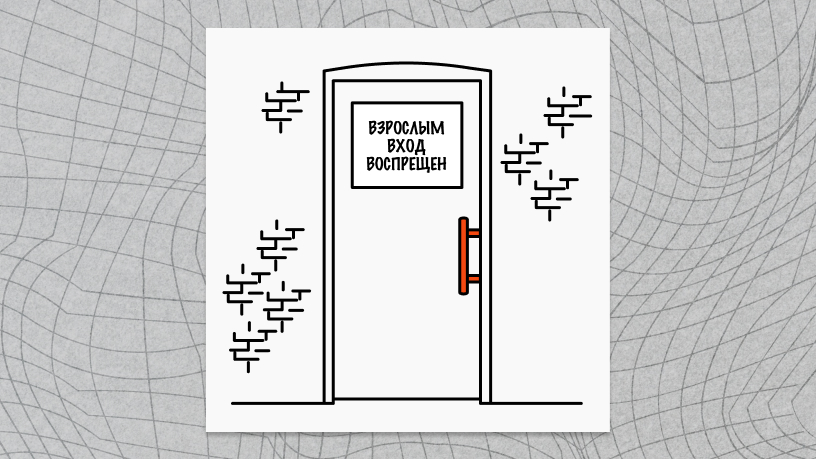
As part of an ongoing project, T-invariant continues to document the testimonies of Russian academics and educators who speak anonymously about how their lives and professions have transformed under wartime conditions and escalating authoritarian controls. In this installment, the head of an academic program at a Moscow university describes how her students were initially terrified by the war, how they learned to navigate ideological disagreements among themselves, and why they justify the conformism of their thirties—while refusing to forgive the older generation for either the collapse of the USSR or the war with Ukraine.
Today’s master’s students are a wounded generation. They graduated from high school and entered undergraduate programs during the pandemic. Almost immediately afterward, they were engulfed by war—with all its consequences: the fear of mobilization, the exodus of friends and professors, severed ties with the global academic community, and the imposition of new ideological directives. By any measure, they deserve sympathy. It’s almost jarring to recall how we once dismissively labeled them “snowflakes.”
Yet the “snowflakes” haven’t melted. They’ve retained their acute self-awareness and empathy toward one another—though this empathy seldom extends to adults. Older faculty members (not just the elderly, but even middle-aged professors) visibly irritate them. Students constantly complain that their lecturers speak in incomprehensible jargon, use outdated presentations, and generally hinder comprehension. They tell me, their academic advisor, that they only want to be taught by younger instructors.
I have no doubt about the professional competence of our senior faculty. The issue isn’t their expertise or obsolete methods. Instead, I see a collision of mutually reinforcing trends—some of which were identified by education researchers years before the war. These are generational shifts. Vadim Radaev’s 2019 book explored millennials, and many of his observations (alongside those in his later work, “Teaching in Crisis”) have only grown more pronounced. Younger millennials and Gen Z students disdain hierarchy, pay little attention to academic accolades, and rarely defer to scholarly reputation. There are exceptions, of course—I know a handful of older professors who still command their students’ admiration. But these are outliers. More often, “stylistic discord” prevails: differences in language, speech patterns, humor, and the anecdotes humanities professors traditionally use to enliven lectures all create barriers to mutual understanding.
For them, the liberal/conservative divide matters far less than the young/old binary (where “old” means anyone who experienced the USSR’s collapse as an adult).
Yes, younger professors are easier for students to follow—they intuitively grasp what needs elaboration and what doesn’t. Their speech patterns, shaped by social media, feel more familiar. But just as crucial is the students’ willingness to listen to them. They’re prepared to negotiate, to empathize with their struggles, and to forgive their missteps—even outright failures. With older faculty, however, they tolerate zero margin for error. And they seem to feel neither admiration nor resentment toward those who left Russia, nor gratitude nor contempt for those who stayed.
Their tolerance extends to ideological disagreements with peers and younger instructors. Some students gained admission through pro-government youth organizations; others are anti-war activists. Though they no longer voice their views openly, everyone seems to tacitly understand where each stands. From my vantage point—admittedly possibly missing hidden tensions—the atmosphere remains collegial. They avoid confrontation and take care not to provoke one another unnecessarily.
Among the newer faculty are replacements for those who emigrated. Many come from strong regional universities and are far from incompetent. But for them, the war has been a career accelerator. They’re more proactive than senior professors in aligning the university with its new ideological framework. One might expect this to rankle anti-war students—yet it doesn’t. The young are willing to forgive differing views in their peers, so long as they aren’t outright extremist.
When pressed (as I’ve occasionally done), students justify this by arguing that younger professors have no real choice. If they didn’t relocate, they must build careers here. The conformism of thirty-somethings, it seems, makes the impending choices of twenty-somethings feel less daunting. The reciprocity is striking: millennial professors, attuned to Gen Z’s expectations, negotiate not just coursework but the kind of world they collectively wish to inhabit.
In short, they clearly see themselves in the same boat. The rest of us, it seems, have been left to sink with the “Titanic”.
Maybe that’s how it should be.